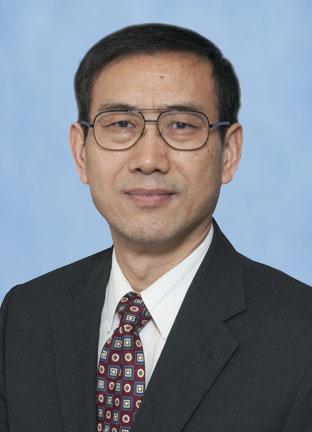Biography
Dr. Yongqing Li, M.D., Ph.D. is an Associate Professor of Surgery in the Section of General Surgery. Dr. Li received his M.D. and M.S. in Pharmacology from China before he acquired his PhD degree in Biochemistry and Molecular Biology from University of Miami School of Medicine in 1995. He finished postdoctoral trainings first in the Department of Pathology at University of North Carolina, Chapel Hill in 1996 and later in the Dana-Farber Cancer Institute at Harvard Medical School from 1996 to 1998. Dr. Li was appointed as an Instructor of Medicine at Harvard Medical School in 1999, and led a group of scientists there from 1999 to 2003. He joined the Division of Trauma Surgery in Massachusetts General Hospital (MGH) at Harvard Medical School in 2005. In 2011, he was promoted to Assistant Professor of Surgery at Harvard Medical School and worked as Director of the Trauma Surgery Research Laboratory at MGH before he was recruited to the University of Michigan (UM) in 2013.
Dr. Li started his academic career in cancer research in 1990s. His research findings have been accepted in several prestigious journals such as Science, Cancer Cell, Proc Natl Acad Sci U S A, Mol Cell Biol, Blood, Oncogene, J Biol Chem, etc., and are widely cited by research scientists. Knowing how to kill cancer cells has helped him to protect normal cells from injury-induced cell death in his present research of sepsis and trauma. Since 2005, Dr. Li has focused his study on pharmacological treatment of sepsis, traumatic hemorrhagic shock, traumatic brain injury (TBI), with emphasis on histone modifying enzymes, including histone deacetylase (HDAC) and peptidyl-arginine deiminase (PAD). His team developed a novel antibody against citrullinated histone H3 (CitH3), which is significantly different from commercially available one. Targeting CitH3 for early diagnosis/prognosis and treatment of sepsis has captured researchers’ attention in both academia and industry. These findings are being translated into the clinic now.

